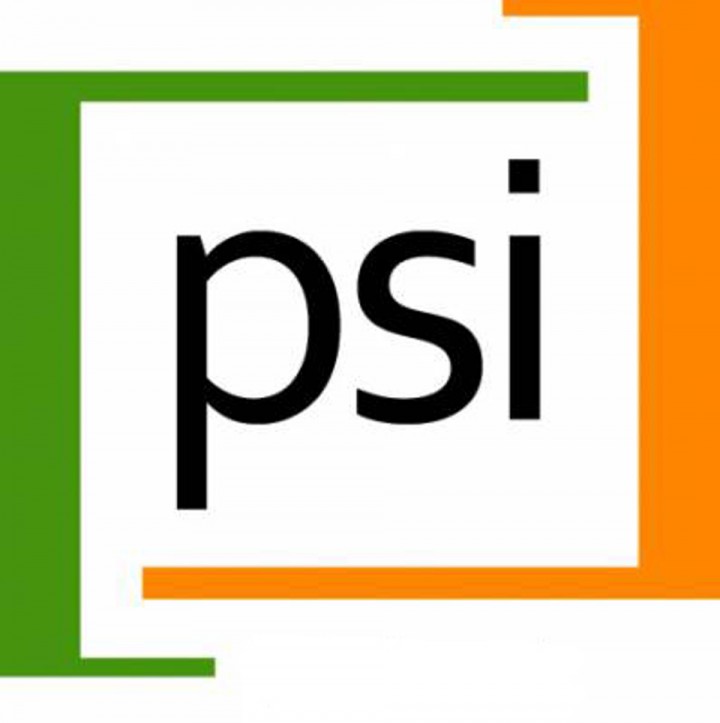Using performance-based contracting to build a pay-for-use sanitation market in Monrovia, Liberia Analyzing the specific opportunities for private sector providers at all points in the sanitation value chain and assessing consumer willingness to pay for those services
PSI and Monrovia City Corporation (MCC) conducted in-depth landscape research to better understand the market system for sanitation and what conditions exist in the system to stimulate private sector performance, including public sector support. With the support of Hope Consulting, PSI conducted an analysis of the roles, opportunities, and challenges facing various actors (suppliers, influencers, financiers, etc.) in the market. Research findings were used to design a commercially viable business model for pay-for-use shared sanitation and emptying and transportation of faecal sludge. The model was designed to leverage the efforts by the MCC building their planning to design and build a sewage treatment plant for faecal sludge treatment and eventual reuse for agricultural purposes. Particular emphasis was placed on consumers, specifically women, who are most at risk from lack of safe sanitation access. PSI used the landscape results to identify ways to create an enabling environment for sanitation to ensure sustainable and equitable provision of sanitation services, increased availability of options for faecal sludge disposal, and improvements in the policy and regulatory frameworks that support improvements to urban sanitation.
Mission
1. Produce publishable studies that analyze the specific opportunities for private sector providers at all points in the sanitation value chain and that assess consumer willingness to pay for those services 2. Develop a full proposal that details the interventions, including the process of development, evaluation and implementation of business models, which will be used to coordinate supply and demand, allocate responsibilities for the variety of actors involved in the sanitation value chain, identify incentives to improve private provider performance (i.e. safe disposal of fecal sludge), and leverage new market opportunities and sanitation technologiesApproach
Research or Implementation Partners: Monrovia City Corporation, Hope Consulting (hopeconsulting.us, San Francisco, USA) The former name of PSI was Population Services International - now it is just PSI.Answer questions about the project
Filter / Tags
Market developmentCitiesPublic awareness, advocacy and civil society engagement Operation, maintenance and sustainable servicesPolitical processes and institutional aspectsSpecific to one or several countriesEmptying and transport (non sewered)Enabling environment and institutional strengtheningCities (WG6)Public awareness, advocacy and civil society engagement (WG9)Operation, maintenance and sustainable services (WG10)Faecal sludge treatment processesUK governmentBill & Melinda Gates FoundationUrban (entire city)Urban informal settlements (slums)International NGO
Related Countries
Liberia

Project location
